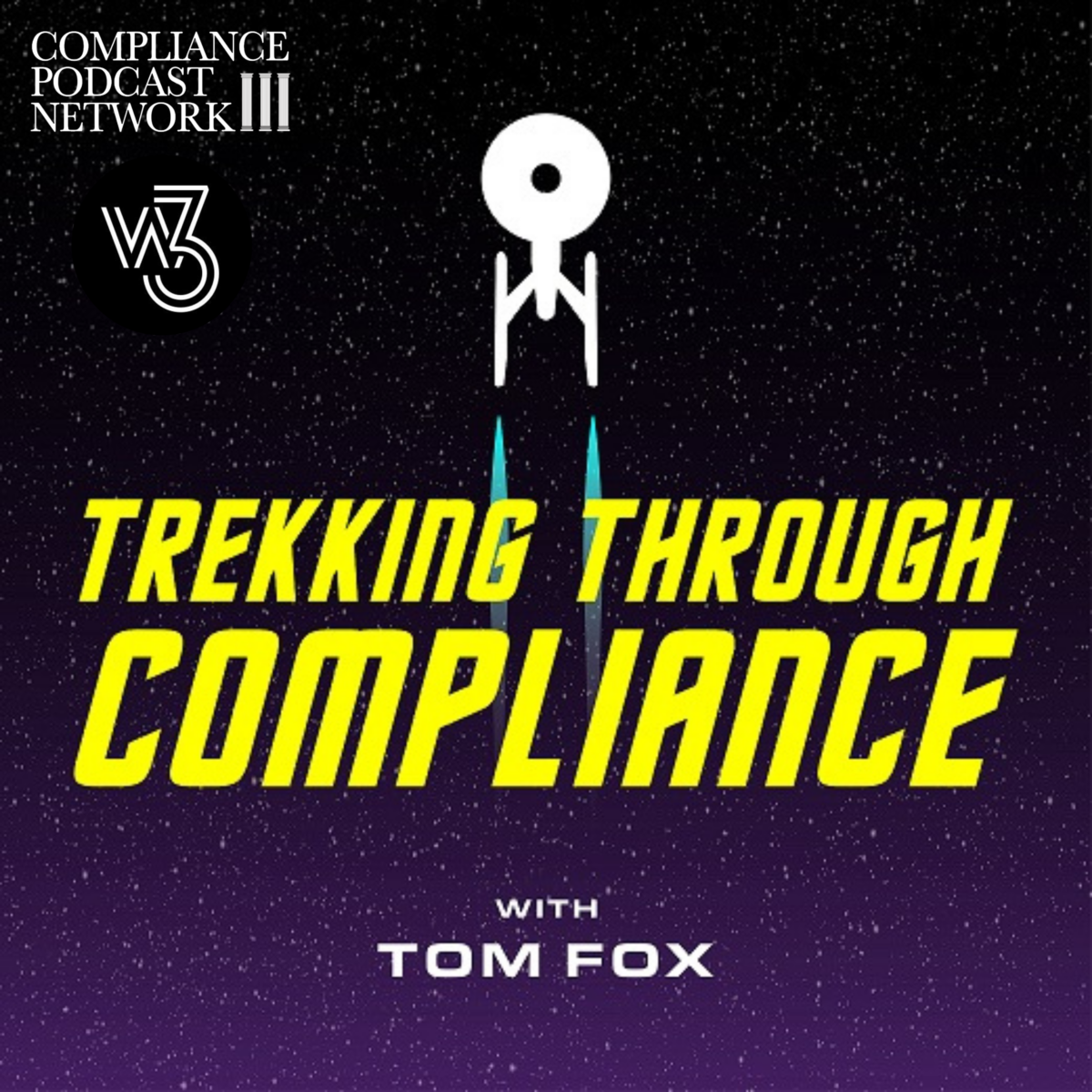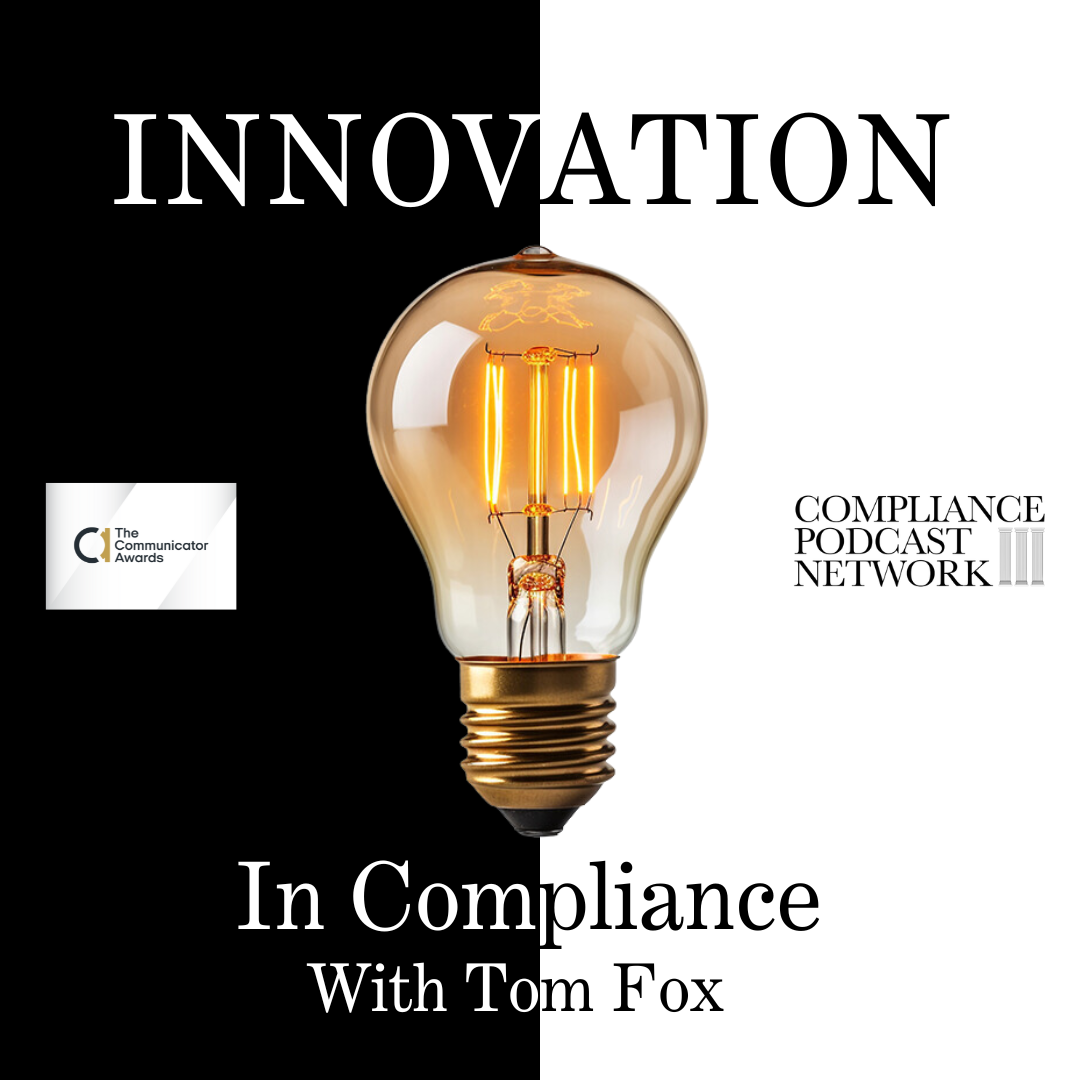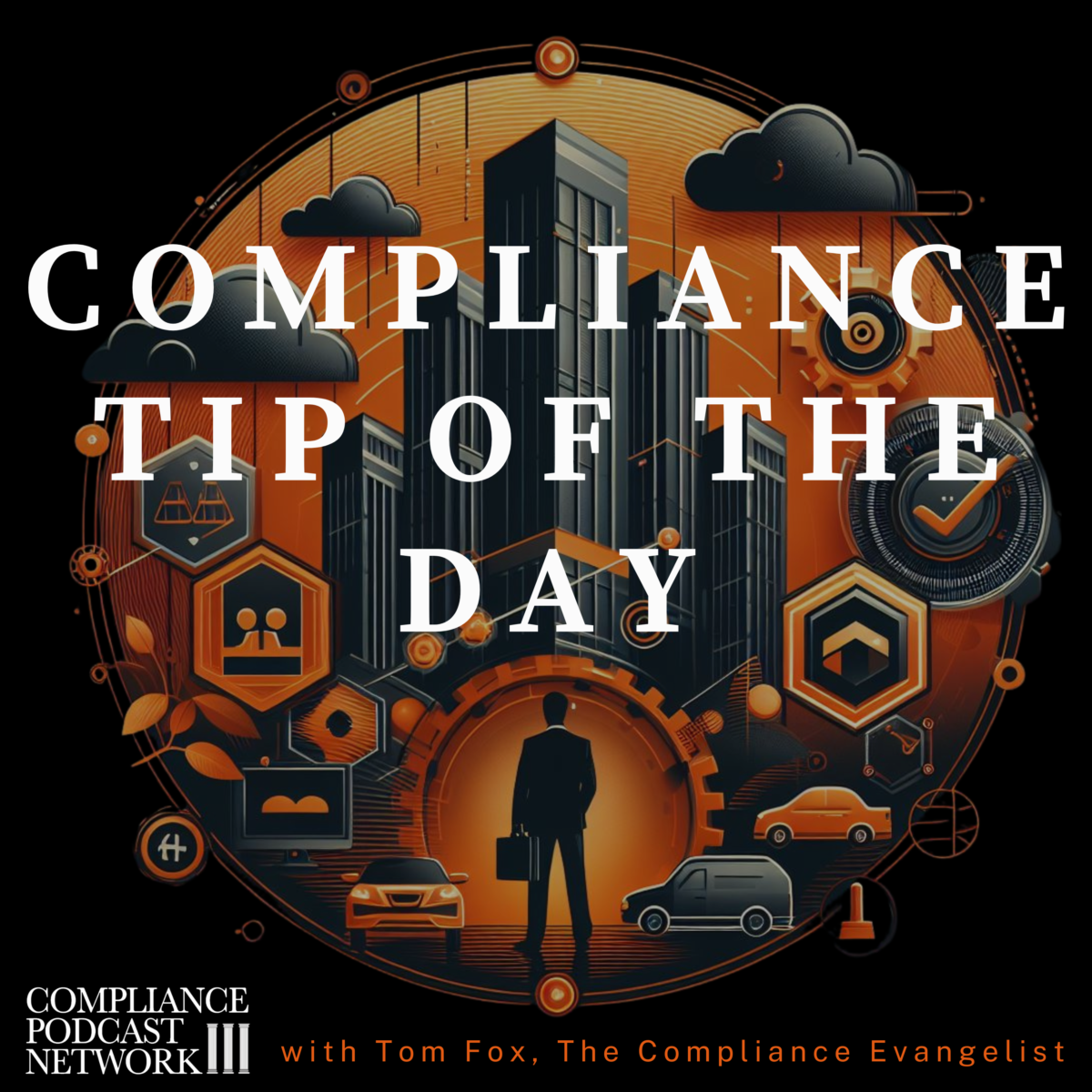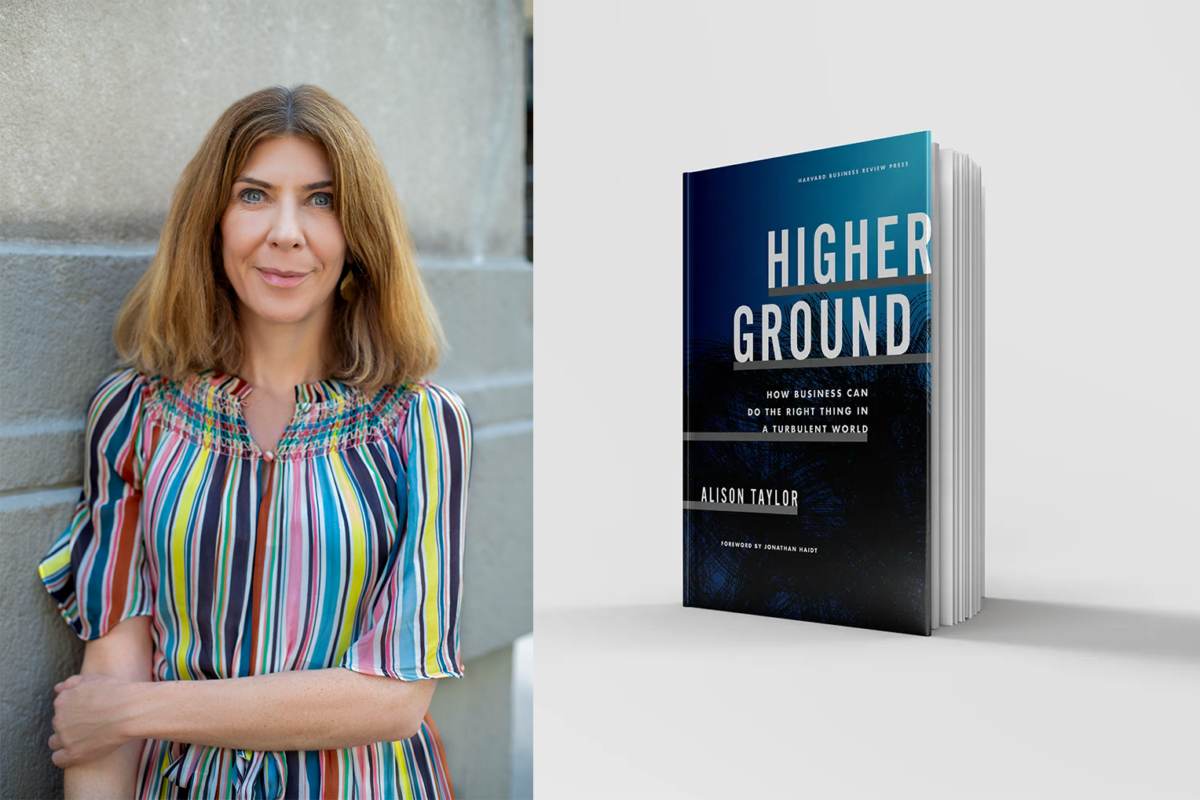On a recent edition of the SBR Authors Podcast, I recently had the opportunity to visit with Alison Taylor, a renowned figure in the compliance and ethics community, about her new book, Higher Ground. Alison has one of the most diverse professional backgrounds of any person I know in compliance. She is a Clinical Professor and Executive Director of Ethical Systems at NYU Stern School of Business. This blog delves into the key points discussed during the podcast, shedding light on the evolving landscape of business ethics and the challenges of maintaining an ethical culture today.
A series of intriguing transitions mark Taylor’s career. She began her professional journey with editing, consulting, and political risk roles before spending twelve years in corporate investigations. This period saw her working with Control Risks, leading investigations across the Middle East, Africa, and the Americas. Her work included due diligence, FCPA investigations, and background checks when FCPA enforcement gained significant momentum.
In 2015, Alison transitioned to the field of sustainability. She joined a non-profit organization to consult with multinational corporations on climate change, human rights, and corporate responsibility issues. Since late 2019, she has been part of the faculty at NYU, first running a think tank called Ethical Systems and now adding on as a full-time faculty member. Alison’s broad experience across different business ethics and sustainability domains gave her a unique perspective, ultimately leading to her book, Higher Ground.
Taylor’s shift from corporate investigations to sustainability and ESG highlighted a fascinating disconnect. While both fields aimed to define what it means to be a good and ethical business, they approached the issue very differently. The language, concepts, and philosophical foundations varied significantly between the two. This disconnect inspired her to explore why these two disciplines, despite their common goals, needed to communicate more effectively with each other.
Higher Ground aims to bridge this gap. Taylor sought to provide clarity for those grappling with questions about business ethics and the role of businesses in society, especially for senior leaders who may need deep expertise in both compliance and sustainability. The book is designed to guide readers through the complexities of these topics, offering a path forward in an increasingly chaotic business environment.
Writing a book is challenging, and Taylor’s experience was no different. She initially thought of herself as not a morning person but quickly realized that her most productive writing time was in the early hours of the day. She found that she could only manage about three to four hours of effective writing each day, after which her productivity declined. This disciplined approach helped her balance writing the book with her full-time job and teaching responsibilities.
The process took about two years and involved multiple rewrites and restructures. Taylor described it as an emotional roller coaster, with periods of satisfaction followed by moments of doubt. Despite the challenges, she completed the book, providing valuable insights into the evolving field of business ethics.
Taylor chose to open her book with the story of Starbucks and its labor rights issues. Despite being a leader in sustainability and labor rights by many measures, Starbucks faced significant reputational challenges over its stance on unionization. This example illustrated how a company could excel in ESG metrics yet still suffer reputational damage due to specific strategic errors.
Starbucks, known for its favorable treatment of employees and leadership in sustainability, faced backlash from students, investors, and employees over its anti-union stance. This contradiction highlighted the complexities of maintaining an ethical reputation. Alison used this case to demonstrate that reputational risk is not a linear accountability mechanism but more like a funhouse mirror, reflecting the unpredictable nature of stakeholder perceptions.
Taylor emphasized the importance of honesty and focus in building stakeholder trust. In today’s polarized environment, companies are often caught between unrealistic expectations from the left and the right. She argued that companies need to be more honest about what they can and cannot achieve, focusing on a few strategically important issues rather than trying to address every concern.
She suggested that companies conduct materiality assessments to identify the most relevant issues and concentrate on these areas. Companies can build more sustainable trust with their stakeholders by aligning their actions with their strategic priorities and being transparent about their limitations.
Taylor discussed the importance of aligning rules and policies with the broader business culture. She noted that compliance efforts often fail when there is a disconnect between stated values and actual behavior or when there are different rules for senior leaders and other employees. Successful compliance programs require the support and engagement of the entire organization, not just the compliance department.
She also highlighted the need for compliance and ethics teams to work closely with other parts of the business. By integrating ethical considerations into the overall business strategy, companies can create a more coherent and practical approach to compliance and corporate responsibility.
With five generations now present in the workplace, Alison explored the challenges and opportunities of engaging a diverse workforce. Younger employees are more likely to be concerned with climate change and diversity and expect authenticity and accountability from their employers.
Taylor also noted that younger employees often push for change, while resistance is more common at the senior levels. Companies need to find ways to harness this energy and passion and use it to drive positive change. This involves creating mechanisms for employee voice and encouraging open debate about ethical issues.
Alison Taylor’s Higher Ground provides a thoughtful and comprehensive guide to navigating the complex world of business ethics and sustainability. Her insights from a rich and varied career offer valuable lessons for companies striving to build trust and maintain ethical cultures in an ever-changing landscape. By focusing on strategic priorities, aligning actions with values, and engaging a diverse workforce, businesses can rise to the challenges of today’s ethical environment and positively impact society.







